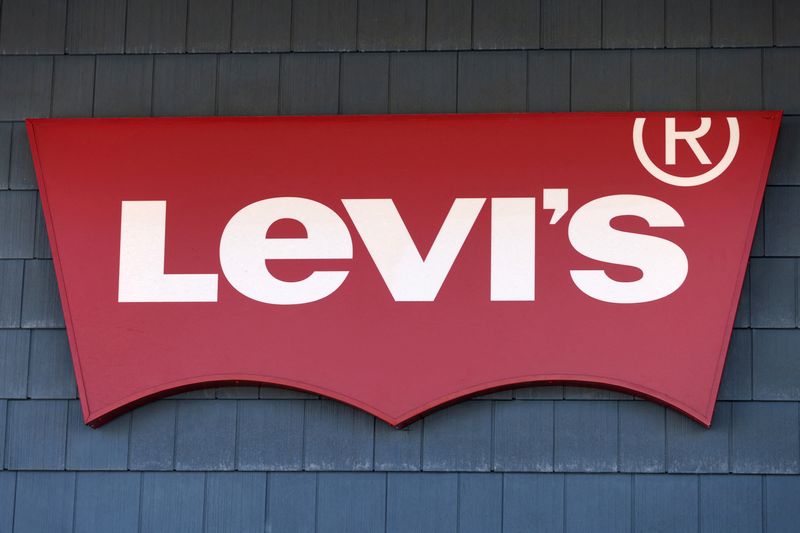When it comes to evaluating companies, investors have many tools that they can use. Among these, two of the most common ones are Enterprise Value and Market Cap. Using these tools, investors can make better decisions. However, investors must understand what each of these is and when to use them.
What is Enterprise Value?
Enterprise Value (EV) is a measure of the value of a company, which in addition to its market cap, also considers other factors, such as its short- and long-term debt and its cash balance. While still useful to investors, EV is popular among companies that want to evaluate potential takeovers. Apart from that, investors can use EV in several financial ratios and calculations.
The formula to calculate the Enterprise Value of a company is as below.
Enterprise Value = Market cap + Long-term debt + Short-term debt – Cash and cash equivalents
By considering the debt of a company, EV presents its theoretical takeover prices. Companies with lower debt will have a lower EV, thus, being more attractive to investors. It is because higher debts represent higher risks for investors and the company itself. Similarly, companies with low cash and cash equivalent reserves will have a higher EV. Therefore, the investment will be less attractive to investors. It is because low cash reserves represent higher risks.
While many investors prefer using Enterprise Value compared to other metrics, it may have some limitations. For example, while it considers debt as risky, it fails to consider how the company is using the debt. Therefore, it may not be an accurate metric to use for companies that utilize their debt finance to a maximum.
What is Market Cap?
Market cap (or market capitalization) is a measure of a company’s total outstanding stocks multiplied by its current market value. It is a simpler and much more straightforward way of evaluating a company. For most public-listed companies, the stock market already calculates the market cap. For private-listed companies, the calculation may require some extra effort.
The formula to calculate the Market Cap of a company is as below.
Market Cap = Total outstanding shares of the company x Market price of its share
The market cap is also useful in determining the total value of a company in case of acquisitions or takeovers. In addition to it, the market cap can also help investors that want to invest in stocks based on the company’s value. Usually, a higher market cap represents stable companies in which investors prefer to invest. Overall, it can help investors in determining the size of a company and in decision-making.
However, the market cap also has its limitations. Most importantly, it does not consider other aspects of the company, which the Enterprise Value does. Similarly, since it reflects the market price of the shares of the company, it does not represent a company’s intrinsic value. Therefore, it may lead to inaccurate evaluations, which can impact the decision-making of investors.
Conclusion
Investors use various tools to calculate the value of the companies in which they want to invest. Among these are the Enterprise Value and Market Cap. Enterprise value is a measure of the value of a company that considers its market cap, debts, and cash balances. Market cap, on the other hand, is a measure of the company’s value based on the number of its outstanding shares and the market value of each share.
Further questions
What's your question? Ask it in the discussion forum
Have an answer to the questions below? Post it here or in the forum


